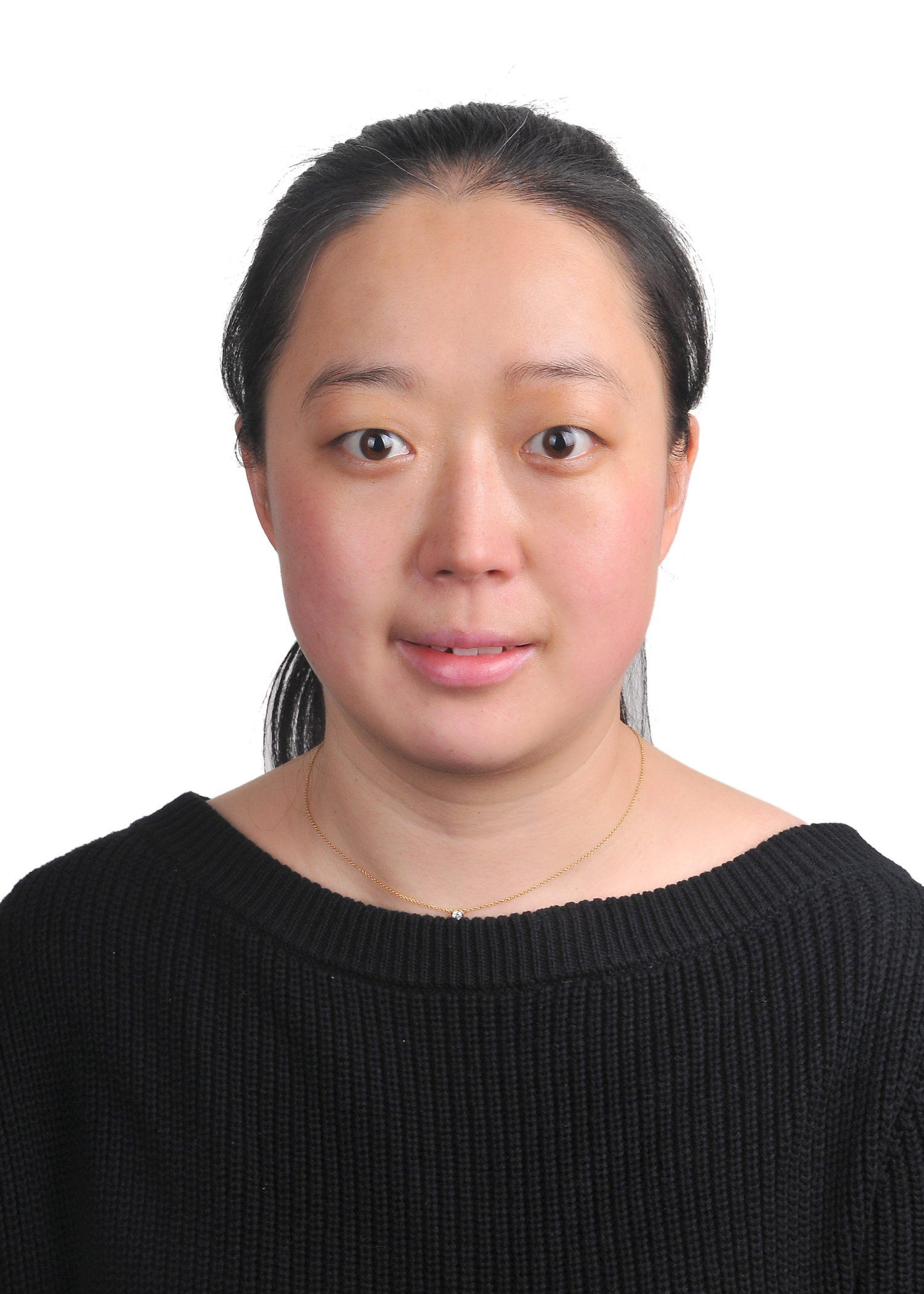Faculty
Biology

TING WANG
Associate Professor
Academic Experiences
Associate Professor (2018.09 - Now): Beijing Normal University
Lecturer (2018.01 - 2018.08): Beijing Normal University
Research Assistant (2017.03 - 2017.11): University of Cambridge
Postdoc (2013.09 - 2015.11): Max Planck Institute of Molecular Plant Physiology
Ph.D (2009.09 - 2013.08): Max Planck Institute of Molecular Plant Physiology
M.S. (2005.09 - 2008.08): Beijing Normal University
B.S. (2000.09 – 2004.08): Central South University of Forestry and Technology
Research Interests
1. The regulation mechanism of plant microfilament skeleton dynamics. Plant F-actin shows dynamic organization in different cell types and during different developmental stages. So far the understanding of the regulatory mechanism behind is still limited. We aim to screen and identify upstream signaling molecules and regulatory proteins that regulate F-actin dynamics in model plant Arabidopsis thaliana via genetic and pharmacological analysis. Furthermore, we will elucidate how these molecules and proteins are integrated to F-actin dynamic regulatory network.
2. Regulatory mechanism of plant cytoskeleton-organelle interaction. Previous studies have shown that plant actin cytoskeleton could maintain or dynamically regulate the location of chloroplasts and nuclei inside the cells. What we are interested in is how F-actin and its motor protein-myosin interact with different organelles or components, such as nucleus and secretory vesicles in vivo . In this study, we will combine bioinformatics analysis, genetic method and different intracellular markers available in the laboratory, to study how actin and myosin dynamics coordinates with different organelle movement, especially in tip growth cells.
Selected Publications
♦ Research Articles
1. Shingo Sakamoto, Marc Somssich, Miyuki T. Nakata, Faride Unda, Kimie Atsuzawa, Yasuko Kaneko, Ting Wang, Anne-Maarit Bagman, Allison Gaudinier, Kouki Yoshida, Siobhan M. Brady, Shawn D. Mansfield, Staffan Persson and Nobutaka Mitsuda. Complete Substitution of a Secondary Cell Wall with A Primary Cell Wall in Arabidopsis. Nature Plants, 2018; 4:777-783.
2. Ting Wang, Heather E. McFarlane, Staffan Persson. The impact of abiotic factors on cellulose synthesis. Journal of Experimental Botany , 2016; 67(2): 543-52.
3. Ting Wang, Takayuki Tohge, Alexander Ivakov, Bernd Mueller-Roeber, Alisdair R. Fernie, Marek Mutwil, Jos H.M. Schippers, and Staffan Persson. Salt-Related MYB1 Coordinates Abscisic Acid Biosynthesis and Signaling during Salt Stress in Arabidopsis. Plant Physiology , 2015; 169: 1027-1041.
4. Ting Wang*, Yun Xiang*, Jian Hou and Haiyun Ren. ABP41 is Involved in the Pollen Tube Development via Fragmenting Actin Filaments. Molecular Plant , 2008; 6: 1048-1055.
5. Dandan Lu, Ting Wang, Staffan Persson, Bernd Mueller-Roeber, and Jozefus H.M. Schippers. Transcriptional control of ROS homeostasis by KUODA1 regulates cell expansion during leaf development. Nature Communications , 2014; doi:10.1038 / ncomms4767.
6. Zheng Li, Nooshin Omranian, Lutz Neumetzler, Ting Wang, Thomas Herter, Bjoern Usadel, Taku Demura, Patrick Giavalisco, Zoran Nikoloski and Staffan Persson. A Transcriptional and Metabolic Framework for Secondary Wall Formation in Arabidopsis. Plant Physiology , 2016; 172: 1334-1351
7. Yun Xiang, Xi Huang, Ting Wang, Yan Zhang, Qinwen Liu, Patrick J. Hussey and Haiyun Ren.ACTIN BINDING PROTEIN 29 from Lilium Pollen Plays an Important Role in Dynamic Actin Remodeling. The Plant Cell , 2007; 19: 1930-1946.
(* indicates equal contribution)
Contact Information
College of Life Sciences,
Beijing Normal University,
Beijing 100875,
P. R. China
Tel. : +86-10-58808126
E-mail: twang@bnu.edu.cn


